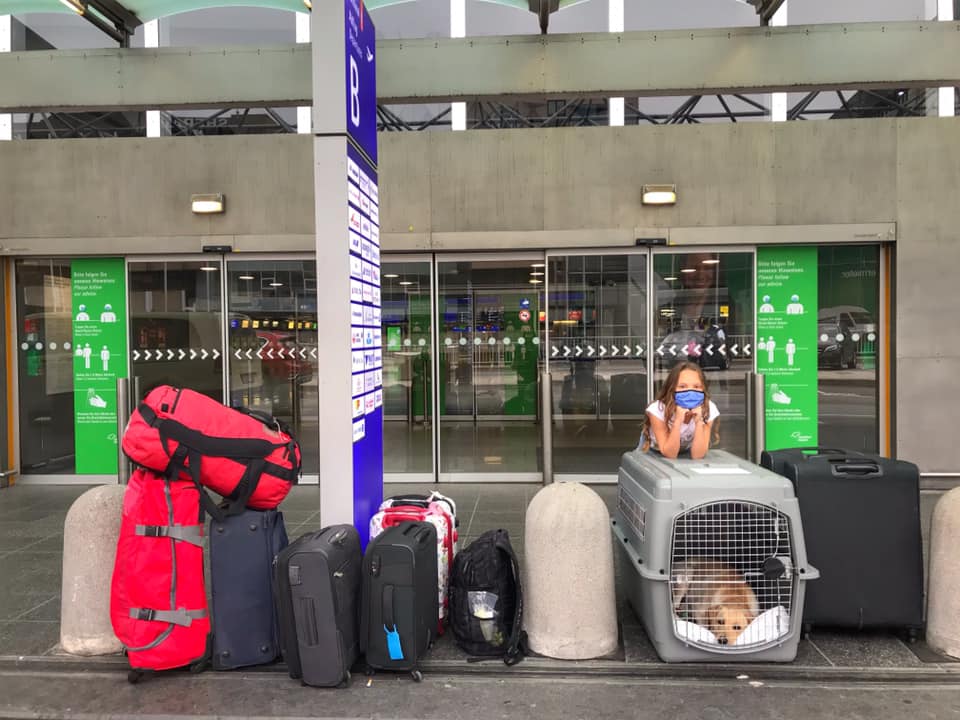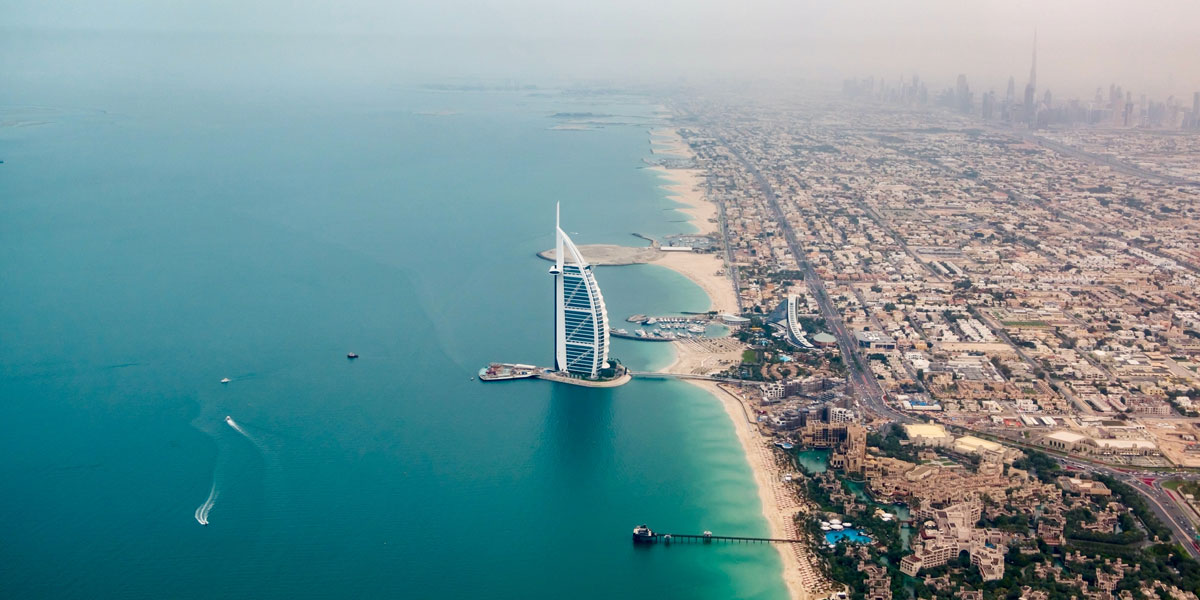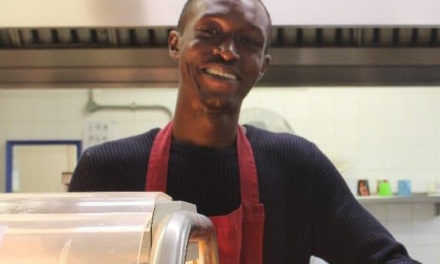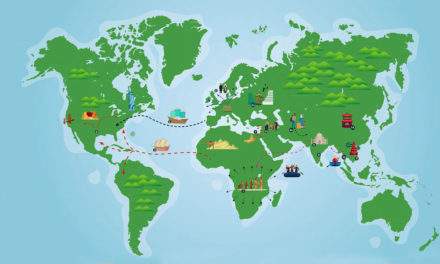In the shadow of Coronavirus, the expat community is struggling to survive. COVID-19, which has infected more than 50 million people worldwide and brought travel to a standstill, is adding pressures to the expat lifestyle.
The United Arab Emirate’s economic model was built around the presence of foreign residents, who currently make up 90 percent of the population. However, according to Oxford Economics, a UK-based advisory firm, the UAE could lose 900,000 jobs because of the pandemic, which means that 10 percent of its residents could be uprooted.
Moving Countries During a Pandemic
In July 2020, Janine Plum and her family packed up their life in Dubai and moved to Montenegro. Originally from South Africa, Plum lived in Dubai for 13 years. It was where she met her husband, originally from Belgium, and had two children.
“Dubai is a city that never sleeps. Anything can be purchased seven days a week, either online or by visiting a physical store. Roads were barely empty and someone always had somewhere to be, any time of the day! Once the pandemic hit, we were forced to slow down. The roads became quiet and businesses closed – it no longer functioned 24/7 days a week. The city and its people were finally given a chance to reset,” she said.
Her husband, Andreas, works in the hospitality sector, which was one of the hardest hit by the pandemic. With travel halted and the economy heavily dependent on international tourists, the decision to relocate when the opportunity arose was slightly easier to make.
“It felt surreal as we couldn’t have the closure we wished we could, especially after living in a country for so long. We couldn’t have in-person farewells, nor could we visit some of our favourite places one last time,” Plum said. “We felt worse for our children, as they did not get to have proper goodbyes with their friends.”
Plum went on to say that, “International travel was also emotionally hard. Even though we are very accustomed to travelling, with all the restrictions in place, nothing felt normal and everything, from booking our tickets to going through security and boarding the plane took double the amount of time to navigate.”

In the expat community, it is common for families to come and go, but they usually leave because they want to leave. However, it is different this time. Expats are being forced to leave due to industry-wide retrenchments as Gulf nations such as the UAE, and other Asian countries gear towards hiring local personnel.
Many expats are also considering returning to their home country. Reasons like proximity to their loved ones, help with finances, or simply because they are reorganising their life.
Before COVID-19, expats sought out countries to further their careers, to enjoy a global lifestyle, and to provide their families with a safe environment and better education. However, with the pandemic closing doors, expats are reminded of the vital importance of home and safety, which has triggered a refocus on countries that are healthy, happy and hospitable.
Second Citizenship for Expats
Home and citizenship are tightly linked; as only citizenship can give certainty that a person will be able to settle somewhere indefinitely. A second passport is, therefore, a vital step for investors to obtain a home that fulfils the changing priorities brought about by the COVID-19 crisis.
There are many benefits to having dual citizenship, including greater global mobility, new economic opportunity, a better quality of life, and improved personal security. Individuals and their whole families are looking into a Plan B by applying for second citizenship through Citizenship by Investment programmes. Citizenship by Investment programmes offers the opportunity to legally acquire a new nationality in return for an investment in the economy of the host country.
Such programmes confer citizenship status without causing any major disruptions to an investor’s life, provided they pass all the due diligence checks first, make a qualifying investment and provide all the correct documentation.
Processing times for Citizenship by Investment programmes are relatively quick and can take 90 days. The Citizenship by Investment programmes of Dominica and St Kitts and Nevis does not require applicants to reside in the country to qualify.
- World AIDS Day: Global Solidarity, Shared Responsibility - 1st December 2020
- The pandemic is taking a toll on expats in the UAE - 12th November 2020
- 5 Things you need to know about Kamala Harris - 9th November 2020






